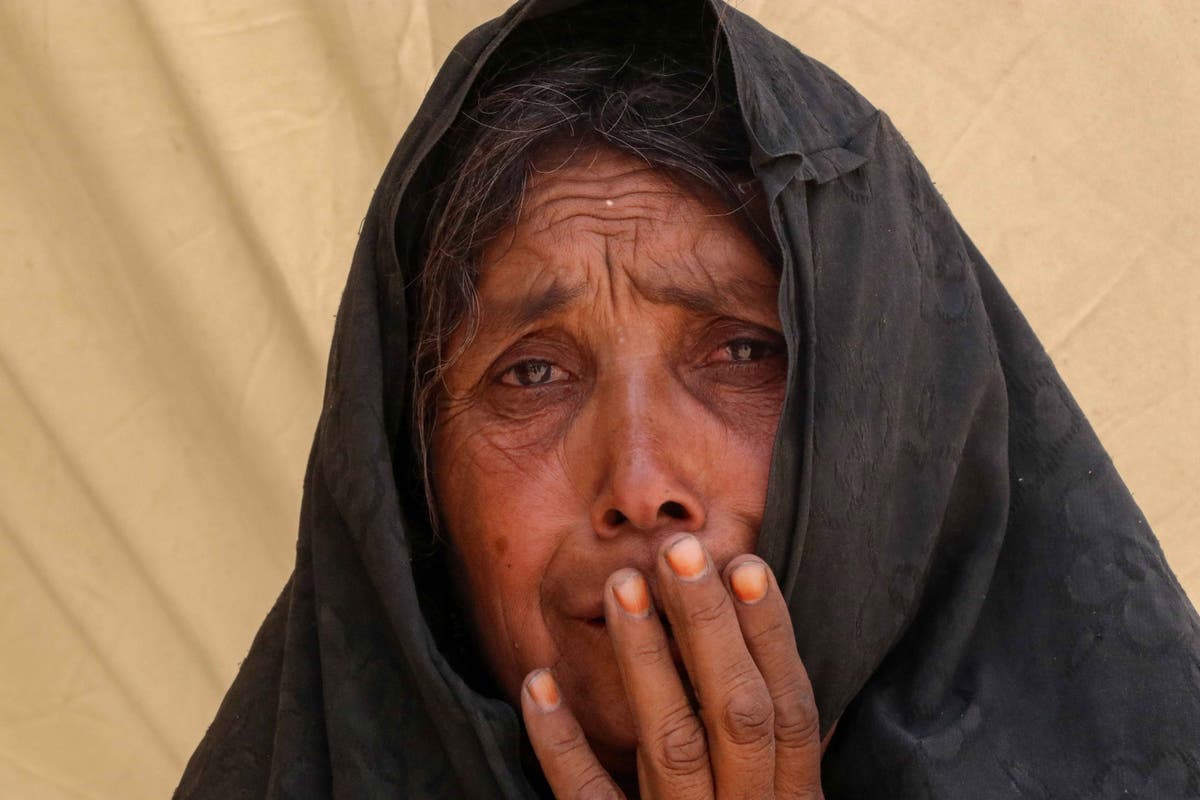
The Taliban have captured their first provincial capital after a sustained offensive, following the hasty and contentious departure of US-led international forces from Afghanistan.
Zaranj, in Nimroz province on the Iranian border, fell after a siege and a prolonged assault, and its capture has been claimed as a great victory by the insurgents as they move their operations into the cities following sweeping gains in the countryside.
Zaranj is a commercial hub and the administrative centre of Nimroz province.
On the same day, a senior official was murdered in Kabul, the latest in a series of assassinations of public figures, with warnings from the Taliban that others would be targeted. Insurgents also captured Jowzhan, in Mazar province, along with the home and headquarters of the veteran anti-Taliban warlord Abdul Rashid Dostum.
The Talibs have, so far, failed to capture the main urban prizes they have sought – Kandahar, Herat and Lashkar Gah – where government forces and, in Herat in particular, local militias led by veteran mujahideen leader Ismail Khan, have made some gains.
But the Islamists appear to have taken advantage of the fact that the government force providing protection, the 205 Maiwand Corps, was moved to Helmand, with no replacement arriving and with resources stretched.
Local officials were bitter at the lack of support from Kabul. Haji Baz Mohammad Naser, the head of the provincial council, said the decision was taken to let in the Taliban to avoid civilian casualties. He denied reports that members of the provincial government had been allowed to leave the city with their families for Iran.
A senior Afghan security official claimed, however, that strategic choices had needed to be made with limited resources, and that securing Lashkar Gah was the priority.
Zaranj, being in a remote part of the country, would be recaptured in the future, he held, pointing out that the Taliban had seized the northern city of Kunduz in 2016 but had failed to hold on to it.
The Taliban issued a statement saying: “This is the beginning; see how provinces fall in our hands very soon,” with photos on social media showing their soldiers outside the governor’s palace. Other pictures showed government buildings being looted by members of the public.
The group also posted videos of heavily armed fighters walking in the corridors of the governor’s compound, where offices that once hosted government officials could be clearly seen.
The Taliban has also claimed credit for the murder of Dawa Khan Meenapal, the head of the government’s media and information centre, who was gunned down on his way home from Friday prayers.
Mr Meenapal, a former journalist and the deputy presidential spokesman from 2016 to 2020, was well known to the international media and diplomats in Afghanistan. He had used his official position and his large Twitter following to criticise human rights abuses by the Taliban.
One of his last campaigns was to encourage people throughout the country to emulate the people of Herat, and to take to the streets and rooftops to shout “Allahu Akbar” in defiance of the insurgents. The Taliban complained that “infidels” were demeaning Islam with their chanting.
The killing of Mr Meenapal followed a suicide bombing and gun attack in Kabul earlier in the week, which killed 13 people and injured two dozen others.
An Afghan journalist, who has received death threats from the Taliban, said: “There is real fear among many of us now; they want to silence us by killing us. This is pure terrorism.”






